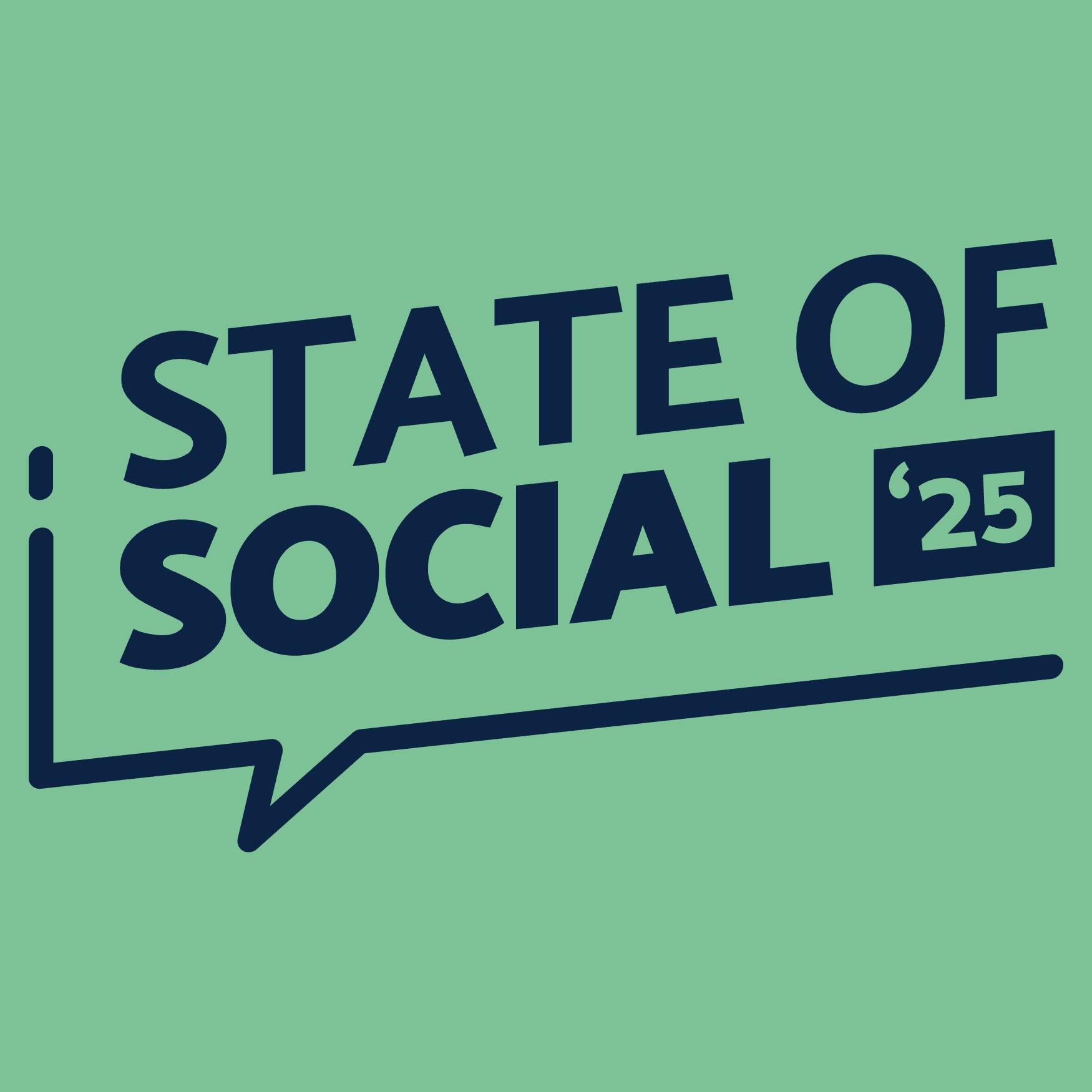The Bluesky’s the limit
The advent of Bluesky has sparked a conversation about the future of traditional social media.
As a decentralised platform, Bluesky presents a different approach to user data and privacy than traditional social media platforms.
Traditional social media platforms like Facebook, Twitter, and Instagram have become integral to our lives. They allow us to connect with friends, share experiences, and stay informed about the world.
However, these platforms have been subject to criticism over data privacy concerns. User data is stored on centralised servers owned by the platform, and this data is often used for targeted advertising and other purposes without explicit user consent.
Bluesky: A New Approach
Enter Bluesky, a platform that promises a more user-centric approach. Its use of blockchain technology and the AT Protocol ensures transparent and decentralised data management.
Unlike traditional platforms, Bluesky stores user data on a distributed network of nodes, making it more secure and less vulnerable to hacking or data breaches.
User Control and Privacy
One of the key differences between Bluesky and traditional platforms lies in the control users have over their data. Users can choose which platforms or apps can access their data on Bluesky. This level of control is rare in traditional social media platforms and is a significant step towards enhancing user privacy.
The Role of Blockchain Technology
Bluesky’s use of blockchain technology is another distinguishing feature. Blockchain provides a transparent and decentralised way to manage data, which aligns with Bluesky’s mission to give users more control over their data. This technology also has the potential to reduce the spread of fake news and misinformation, as it can provide a verifiable record of information.
Potential Impact on the Social Media Landscape
Despite these promising features, Bluesky is still in its early stages, and it remains to be seen how it will fare against the established social media giants. However, its focus on user control, privacy, and decentralisation makes it a platform worth watching. If successful, Bluesky could influence other platforms to adopt similar practices, leading to a more user-centric social media landscape.
So is Bluesky the way forward?
While Bluesky and traditional social media platforms serve the same basic function of connecting people, their approaches to user data and privacy are fundamentally different.
As users become more conscious about their digital privacy, platforms like Bluesky that prioritise user control and privacy could become more appealing. However, only time will tell how these platforms will evolve and shape the future of social media.
Enjoyed this article? Enter your email below for social media tips & tricks delivered to your inbox every Monday morning.








LET’S CONNECT